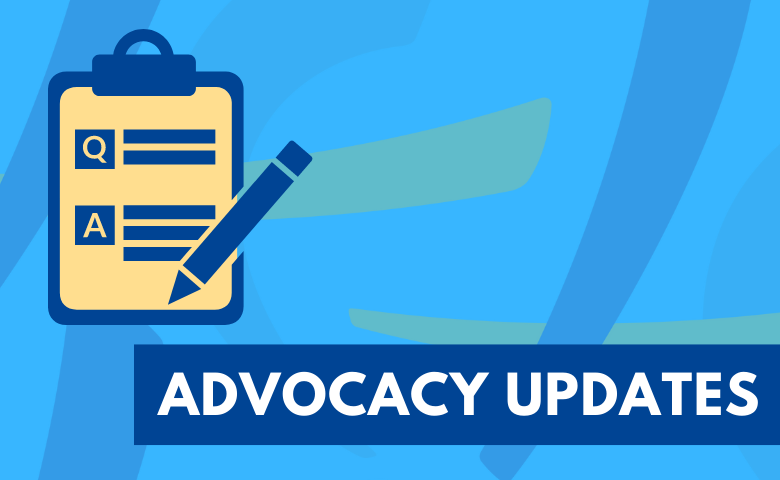Six months ago, the AEC started its new Culture Action Europe Project ARTEMIS – Empowering Artists as makers in society. It has been clear from the outset that advocacy would take a prominent position in this project because the application requirements explicitly stipulated to dedicate one of the six mandatory work packages to the issue of ‘Representing the sectors and advocating on their behalf’, and this should be done ‘across all levels of governance, from local, regional and national to European and international levels.’
The ARTEMIS project takes this into account with various measures. As a first step, we want to learn more about our members’ needs in terms of issues related to advocacy. Thus, our members are all invited to take part in an online survey which is open until 18 October and can be found here.
Please take a few minutes to complete this survey! It is worth it, because your participation will enable us to further tailor an AEC Advocacy Strategy and AEC Advocacy Toolkit to your needs and desires.
The results of the survey will be presented and discussed within an online parallel session at the AEC Congress in November. Members of the ARTEMIS Advocacy Task Force will be present to answer your questions and share their experiences as advocacy officers in various European organisations and contexts. Above all, however, congress attendees will be given the opportunity to improve their knowledge and skills to do advocacy in a workshop-like, interactive part of this online session. There will also be room to address specific needs, to share experiences and to ask questions.
Political decision makers are by far the most important target group of any advocacy action, but they are not the only one. Also AEC’s close and steady collaboration with European partner organisations such as ELIA, EAS and EMU and with umbrella organisations such as the European Music Council (EMC), Culture Action Europe (CAE) or the European University Association (EUA) are an integral and important part of AEC’s advocacy activities.
In addition, advocacy is also aimed at stakeholders of all kinds, representatives of the labour market and the music business, parents of future students, but even our partner organisations themselves can be targets of advocacy measures. Whomever will be addressed, it will always be about raising our dialogue partners’ awareness of the role of art, culture and cultural education for the well-being of society and the relevance of AEC members as contributors to shaping society.
The main objective of the AEC Advocacy activities within the ARTEMIS project will be to establish reliable advocacy structures allowing and encouraging all players in the sector at all levels to develop, implement and apply systematic advocacy strategies and thus make the voice of the sector heard better. This should not only be supported by instructive hands-on material such as guidelines, folders and the above-mentioned Advocacy Toolkit, but whenever possible also by doing research on the topic. Even if corresponding research projects can only in exceptional cases and with limited tasks be part of the ARTEMIS actions themselves, these might still trigger other projects to further investigate the issue.






